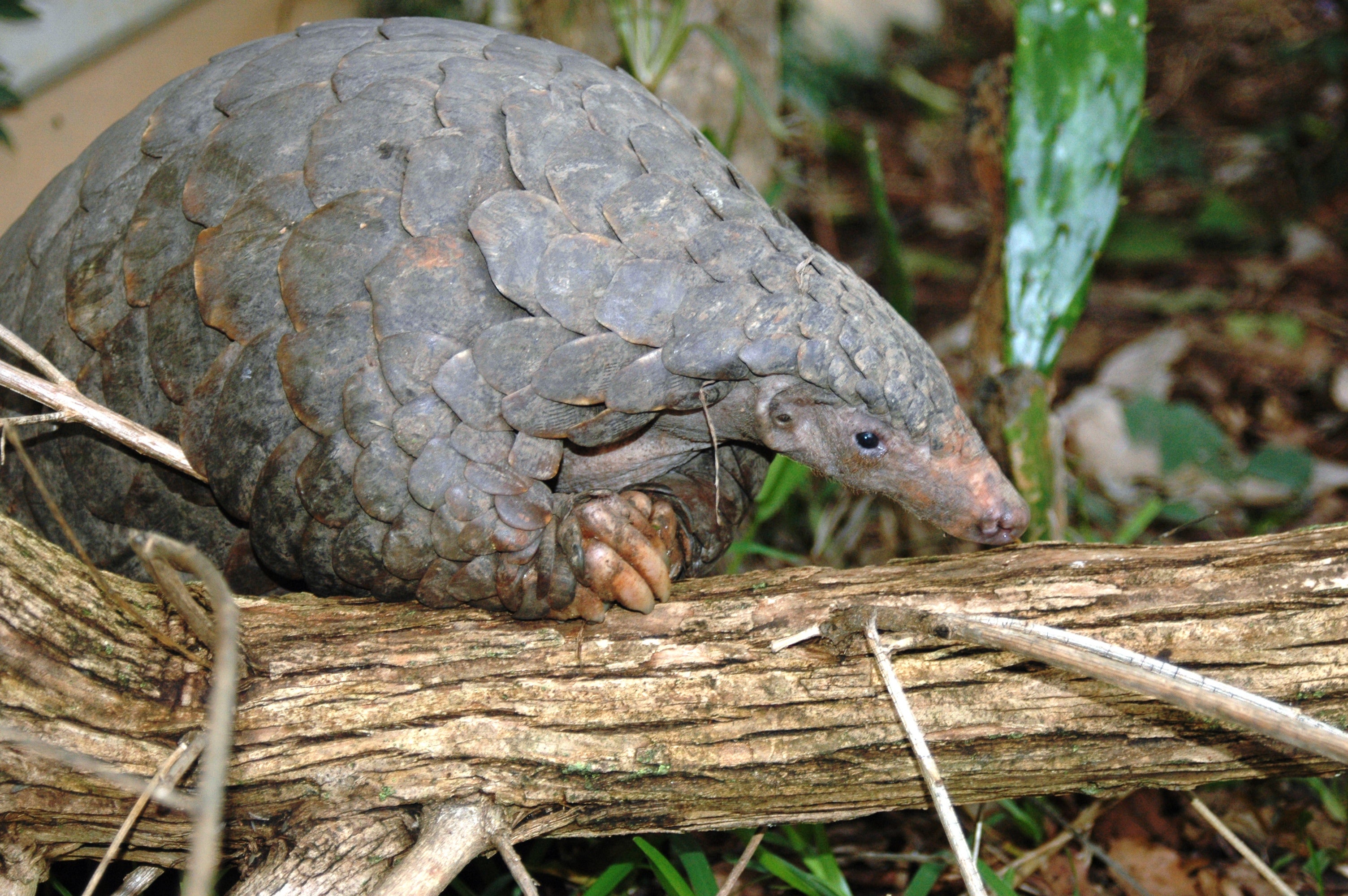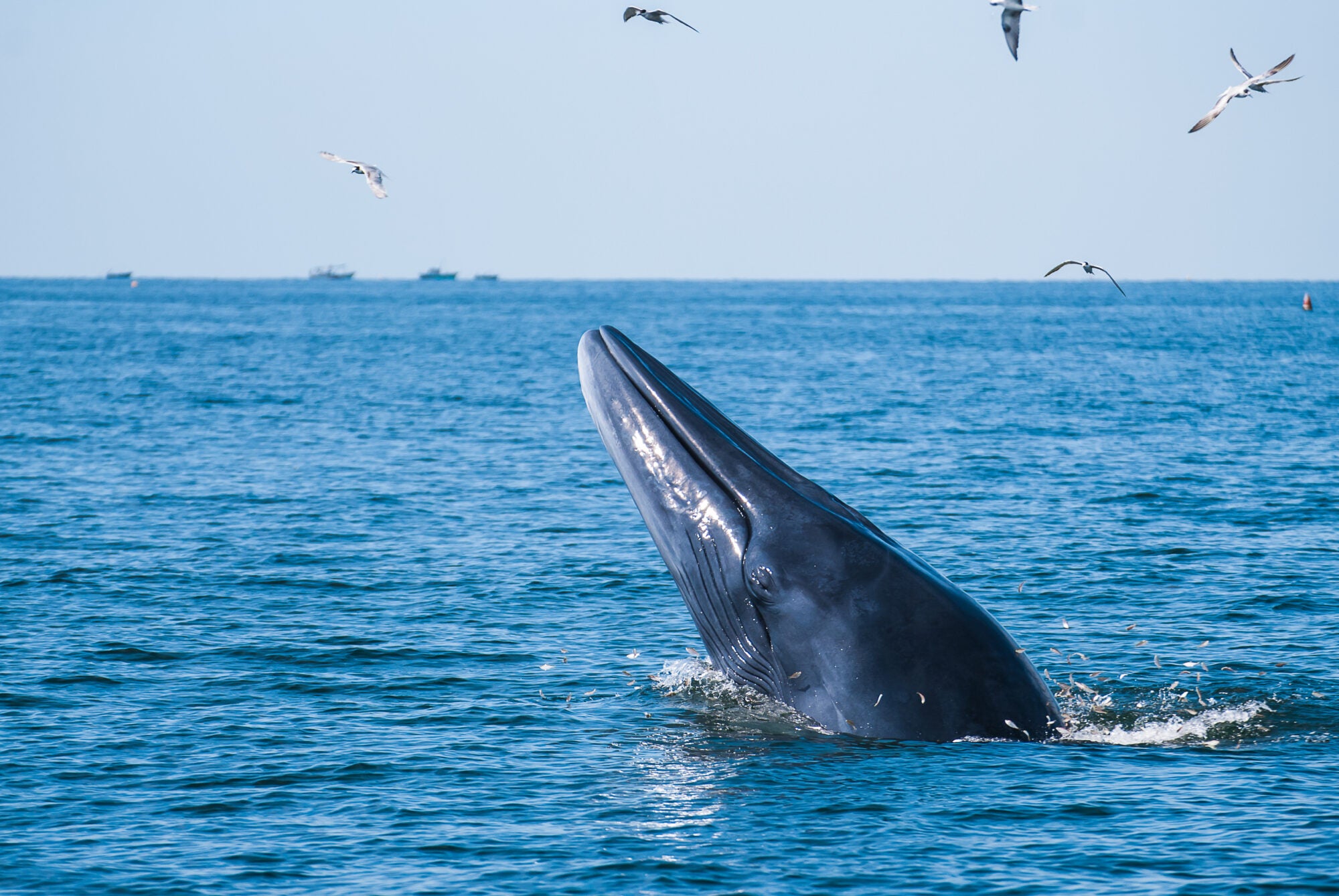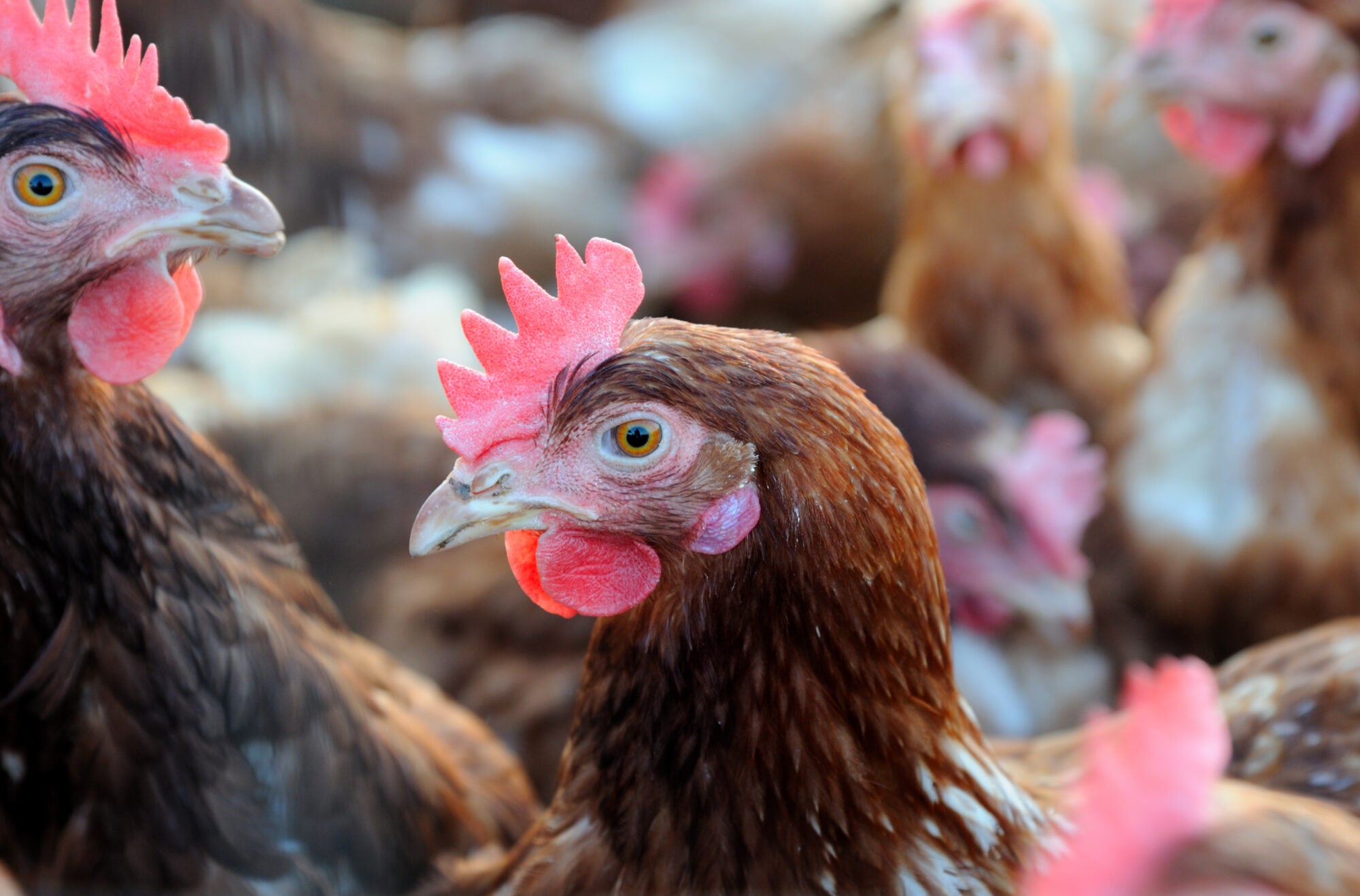Policy and Treaties
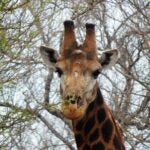
5,800
Approximate number of animal species protected by CITES

1400+
Members of IUCN, the International Union for Conservation of Nature

85
Percent of global economy that adopts OECD-approved
non-animal methods
The issue
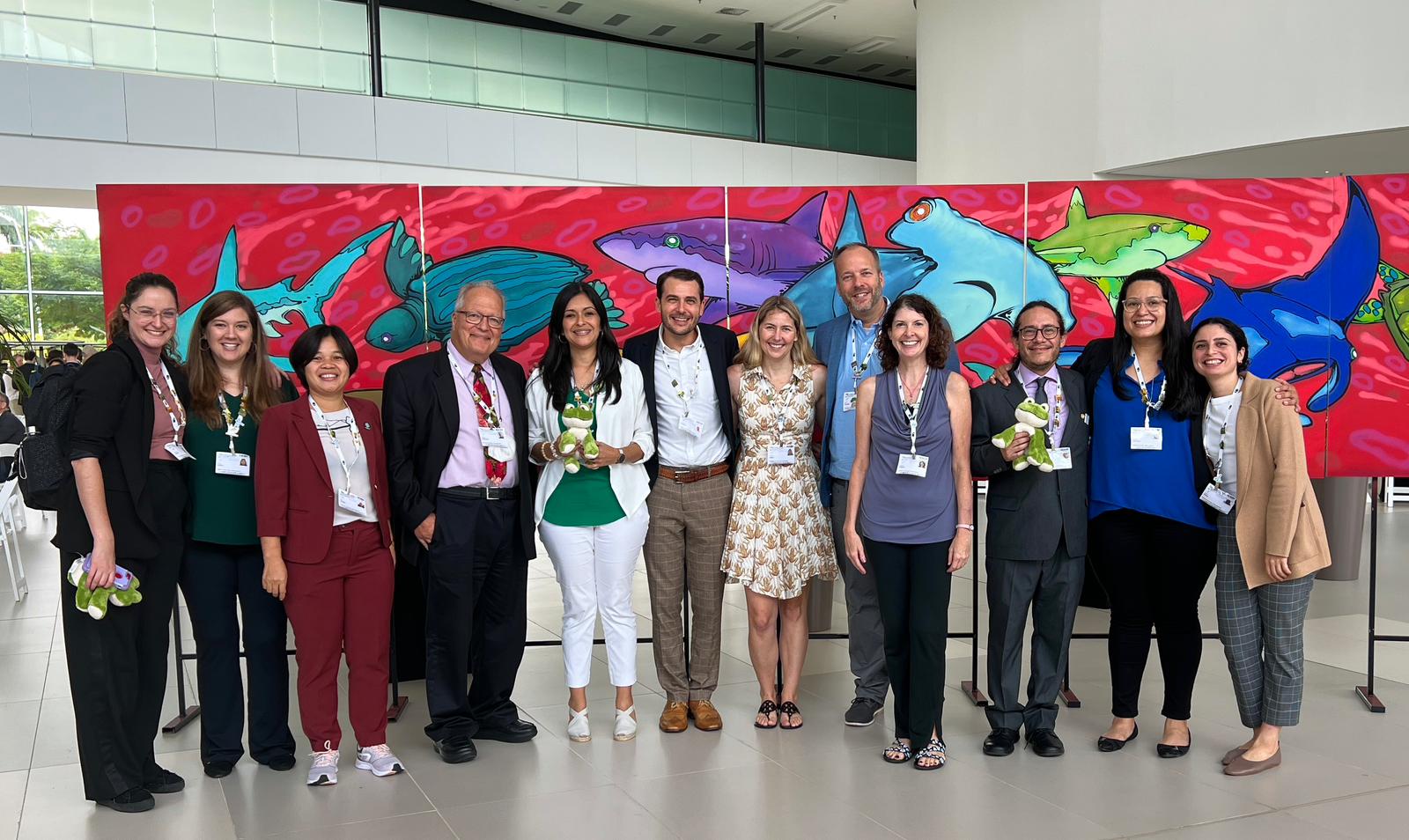
Humane Society International advocates for the strengthening of international agreements that either directly or indirectly affect animals on a large, global scale. The adoption or rejection of even one international measure can affect thousands of animals.
About policies and treaties:
- The United Nations and its General Assembly and Food and Agriculture Organization address many issues involving animals and the environment such as fishing, livestock and climate change.
- The Convention on International Trade in Endangered Species of Wild Fauna and Flora (CITES) is a United Nations agreement between 183 nations that aims to protect species of wild fauna and flora against over-exploitation from international commercial trade in animals, plants and their products.
- The Convention on the Conservation of Migratory Species of Wild Animals (CMS) is a United Nationals agreement that aims to conserve terrestrial, marine, and avian migratory species throughout their range.
- The International Whaling Commission (IWC) regulates whaling and whale conservation.
- The Inter-American Tropical Tuna Commission (IATTC) is responsible for the conservation and management of fisheries for tunas and other species—such as dolphins, sharks, sea turtles and seabirds—in the Eastern Pacific Ocean.
- The Agreement on the International Dolphin Conservation Program (AIDCP) was formed under the IATTC to limit the number of dolphins that die from being deliberately caught in fishing nets targeting the tuna that swim beneath them in the Eastern Pacific Ocean.
- The Inter-American Convention for the Protection and Conservation of Sea Turtles (IAC) is an intergovernmental treaty that promotes the protection and recovery of the populations of marine turtles and their habitats in the Americas including nesting beaches and territorial waters.
- The World Trade Organization (WTO) and Free Trade Agreements such as U.S.-Central America Free Trade Agreement (CAFTA-DR) have the ability to both improve or threaten animal welfare.
- The World Organization for Animal Health (OIE) is an intergovernmental organization with the original goal of ensuring transparency and cooperation among veterinary services on matters of animal health and zoonotic diseases.
- The World Bank is an organization of five institutions providing funding, policy advice, and technical assistance to governments of developing countries.
More you can do
1. Tell Japan to stop whaling
Become an Animal Defender
Please help save animals around the world.
Make a difference
Get the latest news and most urgent calls
to action by signing up to receive email alerts.

